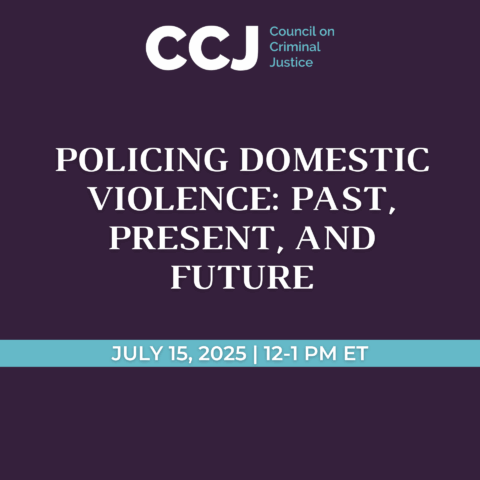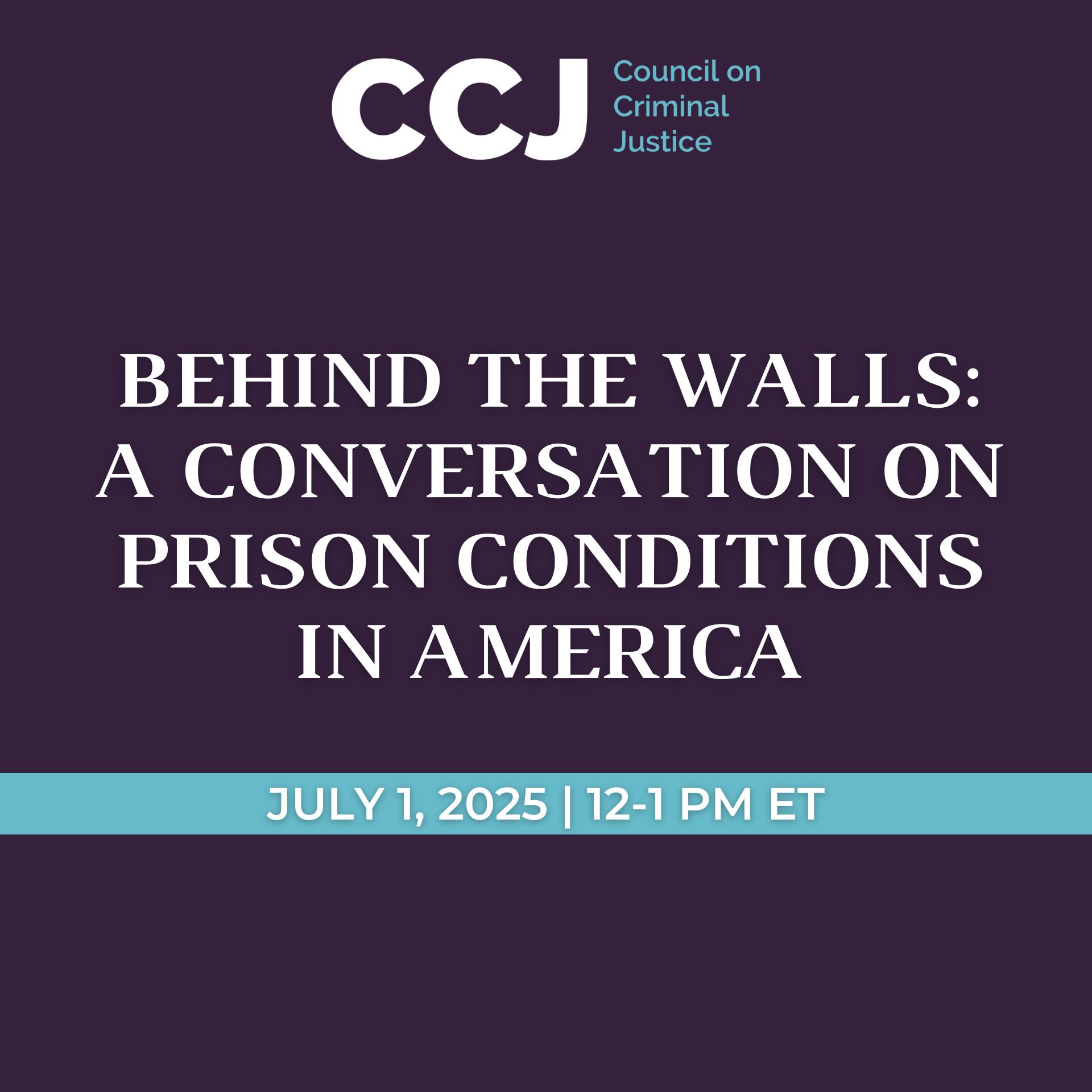Despite Increase, Rates Remain Well Below Historical Highs
5:00 a.m. ET, February 1, 2021
Contact: Jenifer Warren
jwarren@counciloncj.org
916-217-0780
WASHINGTON, D.C. – Murders in major American cities continued to rise through the end of 2020, resulting in an unprecedented single-year spike, according to new research released today by the National Commission on COVID-19 and Criminal Justice and Arnold Ventures. Gun and other aggravated assaults increased, the data show, while property and drug crimes fell.
Amid a global pandemic that touched all corners of American life, homicide rates in a sample of 34 cities were 30% higher in 2020 than in 2019, a jump that claimed an additional 1,268 lives in those cities alone. The study’s authors said urgent action is needed to address the increase, including subduing the pandemic, improving police legitimacy, and expanding proven anti-violence programs in cities hardest hit by crime.
While homicide rates in 2020 were higher than 2019 levels during every month of the year, the rise was steepest in June, coinciding with mass protests after the May 25 killing of George Floyd by a Minneapolis police officer. The three largest cities in the sample, New York, Los Angeles, and Chicago, accounted for 40% of the additional murder victims in 2020. That said, homicides rose in 29 of the 34 cities studied.
Overall, the study authors said a rise in murders of this magnitude suggests that the national homicide rate increase is likely to exceed the previous largest single-year increase of 13% in 1968. That determination, however, cannot be verified until official crime statistics are released by the federal government later this year.
Murder has dropped significantly in the U.S. since the early 1990s, although brief spikes occurred in 2005, 2006, 2015, and 2016. Even with the 2020 increases, the homicide rate for the cities studied was just over half what it was for those cities 25 years ago (11.4 deaths per 100,000 residents in those cities versus 19.4 per 100,000 in 1995).
The study authors attributed 2020’s steep rise in homicide rates to a “perfect storm” of factors, including the coronavirus pandemic, police violence and the unrest that followed, and other yet-to-be-confirmed factors.
While other violent crimes also rose in 2020, the increases were far less substantial, the study shows. Rates of aggravated assaults increased 6% and gun assaults were up 8%. Robbery rates declined by 9%.
In contrast to violent crime trends, the research found that with the exception of motor vehicle theft, rates of property and drug crimes fell significantly in 2020. Residential burglary decreased by 24%, nonresidential burglary by 7%, larceny by 16%, and drug offenses by 30%, with the timing of these declines coinciding with stay-at-home mandates and business closings occurring in response to the pandemic. Motor vehicle theft rose by 13%.
The study was conducted by noted criminologist and Professor Emeritus Richard Rosenfeld and Ernesto Lopez of the University of Missouri – St. Louis and CCJ Senior Fellow and Commission Director Thomas Abt, author of Bleeding Out: The Devastating Consequences of Urban Violence – And a Bold New Plan for Peace in the Streets. It updates a series of earlier reports the authors prepared for the National Commission on COVID-19 and Criminal Justice with new data through the end of December 2020, examining crime rates for ten offenses in cities such as Atlanta, Baltimore, Chicago, Dallas, Denver, Detroit, Jacksonville, Los Angeles, Memphis, Minneapolis, New York, and Philadelphia. Abt and Rosenfeld also explored how responses to the pandemic affected murder rates in a June analysis supported by Arnold Ventures.
“The fabric of American society has been tested in unprecedented ways in the past year – by the pandemic, the struggle against racial injustice, and economic decline,” Rosenfeld said. “The combination of these stressors and a lack of effective outreach to at-risk individuals likely contributed to the elevated homicide rates we’ve seen in 2020.”
“The response to rising rates of homicide must not wait,” Abt said. “A large body of rigorous evidence demonstrates that violent crime can be addressed using strategies that are available now and do not require big budgets or new legislation to be implemented. Even with the pandemic, the time to act is now.”
About the National Commission on COVID-19 and Criminal Justice
Launched in July 2020 by the Council on Criminal Justice, the Commission is co-chaired by former U.S. Attorneys General Alberto Gonzales and Loretta Lynch. Its mission includes documenting the impact of COVID-19 on the justice system. In October, the Commission released a set of interim recommendations that focused on immediate steps to control the spread of the virus. A final report in December provided a sweeping set of recommendations urging policymakers to reduce the density of the justice system and take other actions to better balance public health and public safety.
About the Council on Criminal Justice
The Council on Criminal Justice is a nonpartisan membership organization and think tank created to advance understanding of the criminal justice policy challenges facing the nation and builds consensus for solutions based on facts, evidence, and fundamental principles of justice.
As part of its array of activities, the Council conducts research and convenes independent groups of members and experts that produce reports with findings and policy recommendations on matters of concern. The findings and recommendations of the groups are their own; neither the Council’s Board of Directors nor its Board of Trustees approve or disapprove of their work. To learn more, visit counciloncj.org.
About Arnold Ventures
Arnold Ventures is a Houston-based philanthropy dedicated to tackling some of the most pressing problems in the United States. Founded by Laura and John Arnold in 2010, Arnold Ventures’ core mission is to improve lives by investing in evidence-based solutions that maximize opportunity and minimize injustice. More information about Arnold Venture’s work is available at www.arnoldventures.org.



